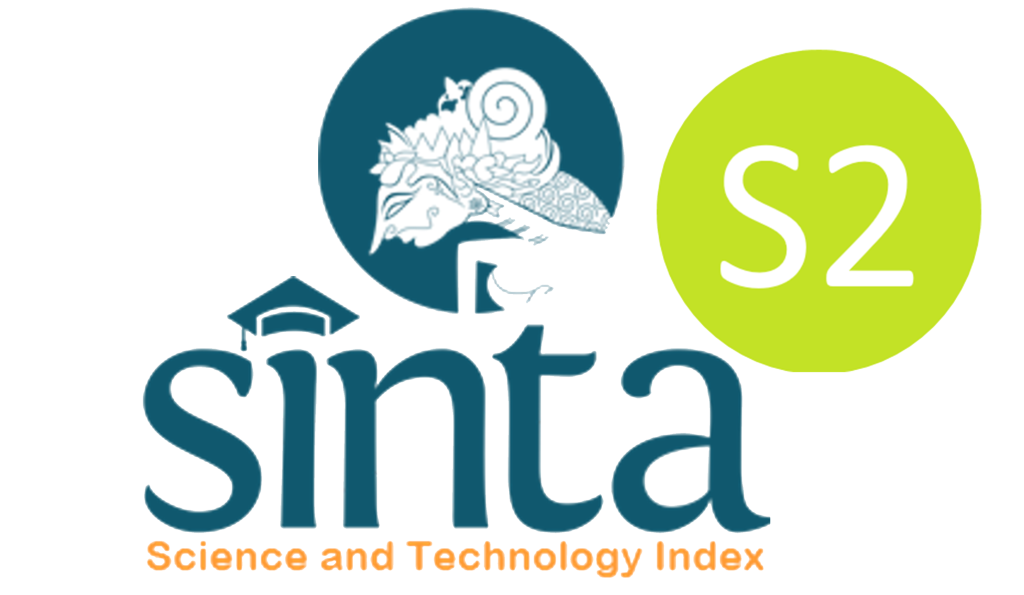THE URGENCY OF REGULATING THE AUTHORITY OF THE INDONESIAN NATIONAL ARMED FORCES (TNI) IN COUNTERING TERRORISM THAT THREATENS THE SOVEREIGNTY OF THE UNITARY REPUBLIC OF INDONESIA
DOI:
10.54443/ijerlas.v3i6.1151Published:
2023-09-03Downloads
Abstract
The authority of the Indonesian National Armed Forces (TNI) in addressing acts of terrorism, as mandated by the TNI Law through Non-War Military Operations (OMSP), as stated in Article 7 paragraph (2) letter (b) number 3 of Law Number 34 Year 2004 regarding the Indonesian National Armed Forces, is one of the main tasks of the TNI in OMSP, hence it is the mandate of the TNI's authority in addressing acts of terrorism. To date, there are no implementing regulations that govern this TNI authority, resulting in ambiguity and a legal vacuum that causes hesitation in every military operation carried out by the TNI to counteract acts of terrorism, significantly threatening state sovereignty, thus raises questions with the problems: 1. What is the urgency of the regulation of authority in countering terrorism that threatens the sovereignty of the Indonesian State by the Indonesian National Armed Forces (TNI); 2. What is the model of involvement of the Indonesian National Armed Forces (TNI) in countering acts of terrorism that threaten the sovereignty of the Indonesian State? Therefore, the author uses normative legal research, a statutory approach method, a concept analysis, and a comparison approach. With this research, the author tries to explain that the arrangement of TNI authority in addressing acts of terrorism that have threatened state sovereignty is essential and urgent to be immediately enacted as the legality of the military operation carried out considering the current threat of terrorism which is increasingly developing following the times. So that the involvement of the TNI in addressing acts of terrorism is no longer carried out as an auxiliary task to the Indonesian National Police (POLRI). The TNI, in addressing acts of terrorism threatening state sovereignty, has clear and firm boundaries by the place, time, and level of threat such that the TNI can directly conduct military operations to address these acts of terror.
Keywords:
Terrorism, TNI Involvement, Non-War Military OperationsReferences
Article 1 paragraph (2) of Law Number 5 of 2018
Sudarto, Law and Criminal Law, Jakarta: Rajawali Press, 2012
Abdulla Wahid, et al., Mayantara Crime (Cyber Crime), Bandung: Refika Aditamag, 2005
Satjipto Rahardjo, 2012, Law Studies, Bandung, Citra Aditya Bakti
Barda Nawawi Arief, Bunga Ra,pai Criminal Law Policy Development of the New Criminal Code Concept, Jakarta: Kencana Prenadamedia Grub, 2008
Edy Prasetyono, 2016, Some Thoughts on the Revision of the Law on the Eradication of Criminal Acts of Terrorism, Lecturer in Security Studies, Department of International Relations, University of Indonesia, in the Seminar on Combating Criminal Acts of Terrorism by revising Law Number 15 of 2003 concerning the Eradication of Criminal Acts of Terrorism, Committee Specifically for the DPR RI, the Anti-Terrorism Bill, Jakarta.
Cha, Victor. Globalization and the Study of International Security. 2000. Journal of Peace Research, Vol.37, No.3
US Army DCSINT Handbook No. 1 (Version 3.0) A Military Guide to Terrorism in the Twenty-First Century, Pages 1-3
https://www.cnnindonesia.com/nasional/20210430061553-12-636700/Government-tetapkan-opm-as-terrorist-organization . "Government Defines OPM as a Terrorist Organization.” Retrieved January 14, 2023
https://finance.detik.com/NEWS-Economic-business/d-6570302/pilot-susi-air-disandera-kkb-penerbangan-perintis- already -tak-aman. Retrieved 22 February 2023
https://international.sindonews.com/berita/1353909/45/operation-selamatan-sandera-terbesar-dan-paling-dramatis . Retrieved 6 June 2023.
License
Copyright (c) 2023 Eka Yudha Kurniawan, Dhiana Puspitawati, Milda Istiqomah

This work is licensed under a Creative Commons Attribution 4.0 International License.









